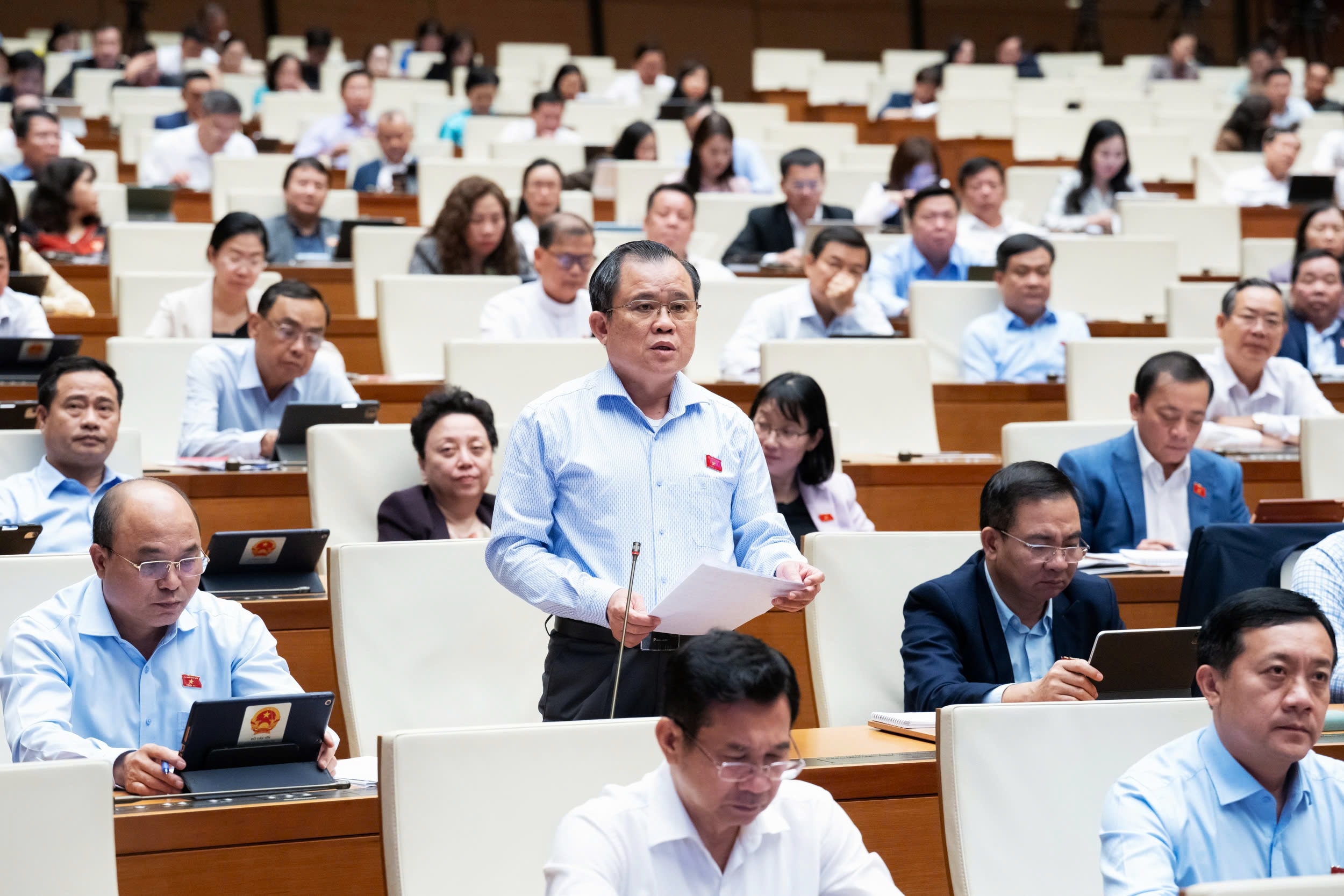
According to delegate Nguyen Tam Hung, the implementation of policies and laws since the Law on Environmental Protection 2020 came into effect has achieved many positive results. In particular, the legal system has been increasingly improved, waste management and emission source control have made significant progress, and the carbon market has gradually formed. However, there are still many challenges that need to be resolved to ensure sustainable development goals.
The delegates also pointed out that the situation of thoroughly handling seriously polluting establishments has not met the requirements. Currently, there are still 38/435 establishments that are slow to fix the problem, and it is necessary to set a deadline for completion before 2026, and at the same time, apply additional environmental tax to establishments that are slow to handle the problem to ensure the principle of "polluters must pay".
Delegates recommended that mandatory targets should be set, with a clear roadmap to ensure that at least 35% of wastewater from type I-II urban areas is treated by 2027, and about 70% by 2030; with a mechanism to hold leaders accountable if not completed. At the same time, the task of reviewing flood prevention and climate change adaptation planning in coastal cities and the Mekong Delta region should be added.
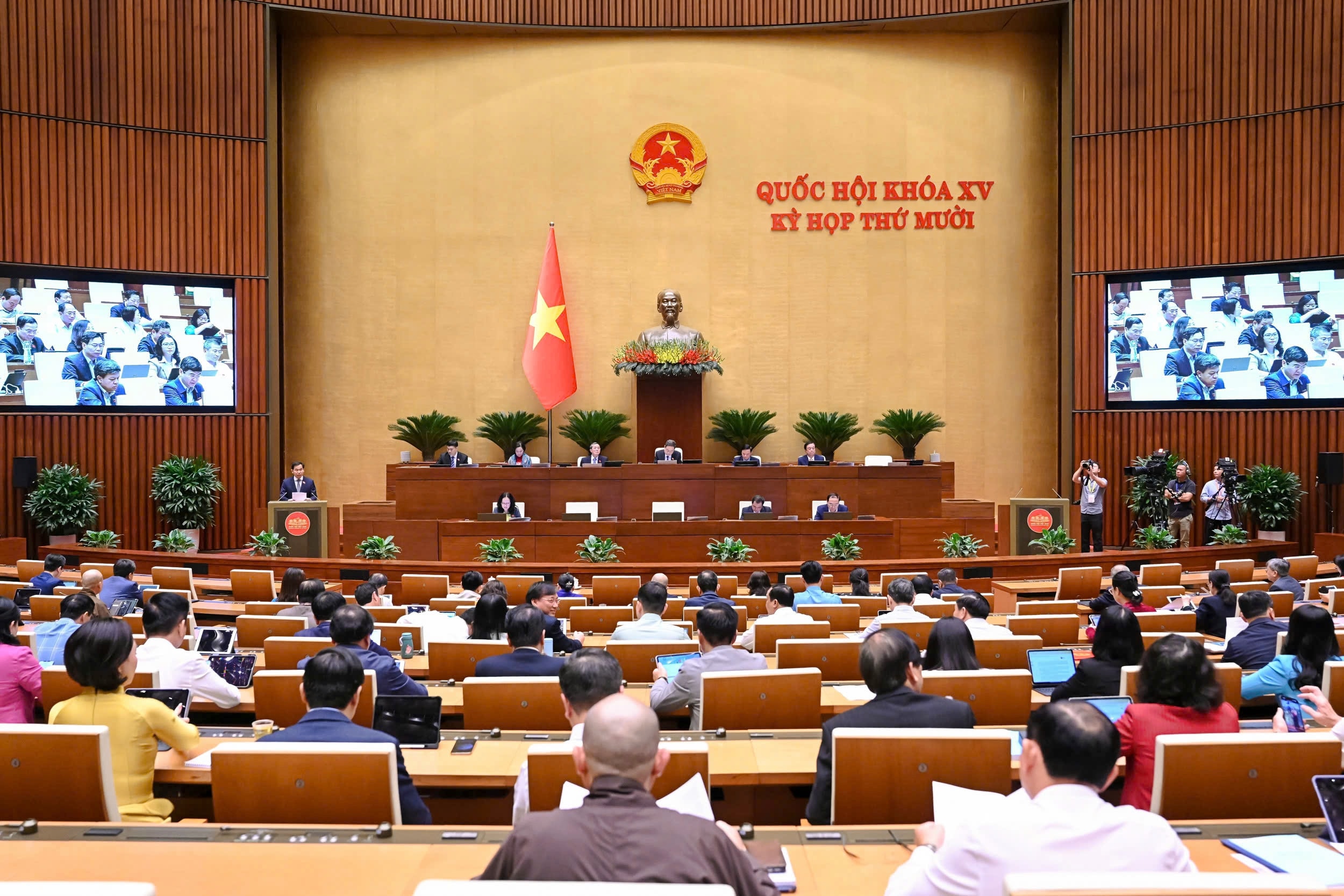
Regarding waste classification at source and extended producer responsibility (EPR), delegate Nguyen Tam Hung assessed that the implementation roadmap is still slow and lacks synchronous infrastructure; recommended considering mandatory regulations for sorting at least 3 waste streams (organic - recyclable - remaining) from January 1, 2027; and at the same time, piloting a "pay by volume" mechanism in special urban areas, with support for poor households.
Regarding financial resources for the environment, delegates recommended raising the minimum level to 1.2% from 2027, while mobilizing more social capital through green bonds, green credit, and environmental PPP; linking costs to specific output targets such as wastewater and waste treatment rates, and energy recycling.
At the same time, delegates recommended the need to soon complete the national database with real-time connection; consider adding regulations to publicize maps of air, surface water, and urban flooding so that people can monitor; and at the same time standardize data and connect automatic monitoring of enterprises with management agencies.
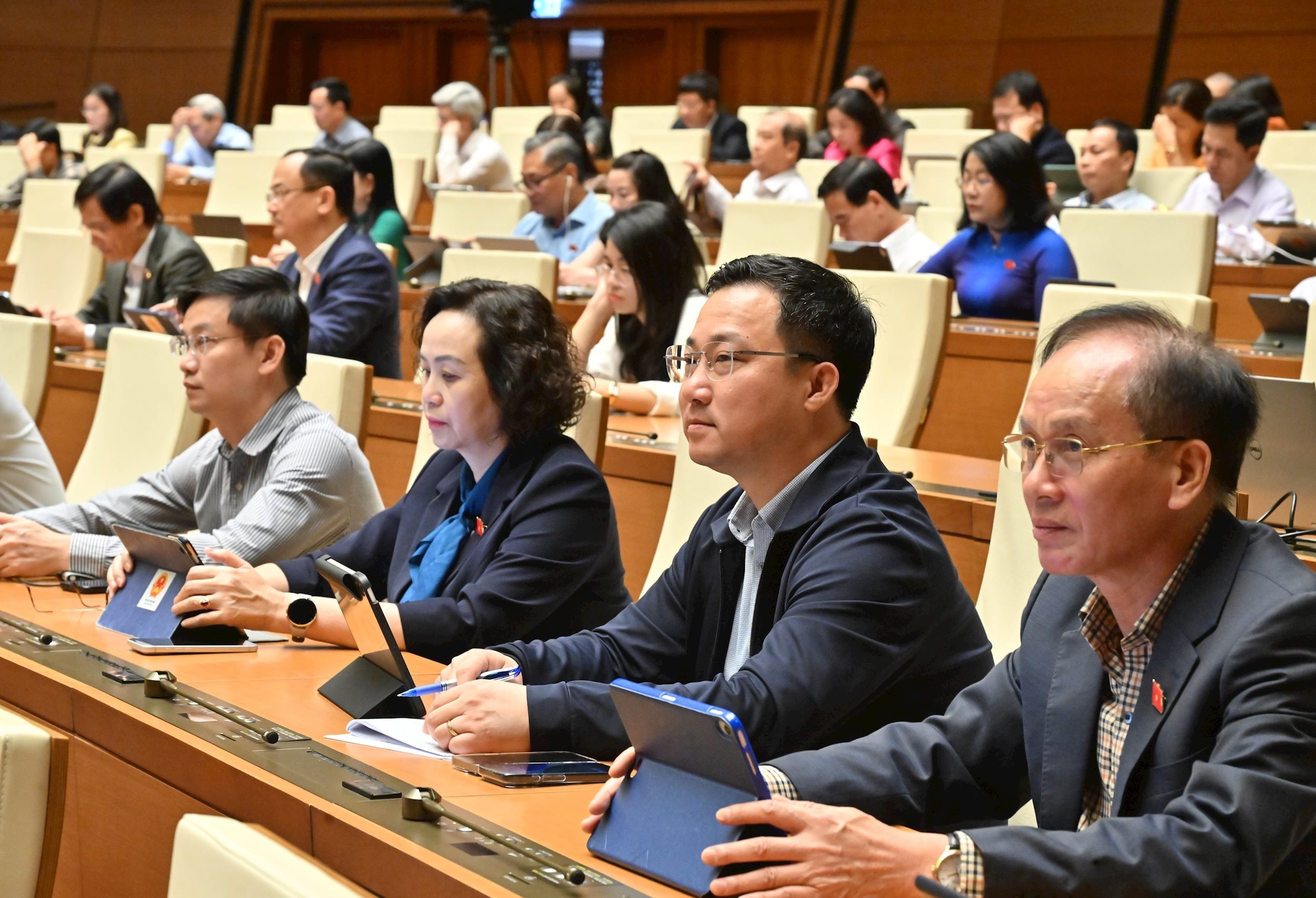
Concerned about the carbon market, delegates suggested that it is necessary to consider clearly defining a roadmap: pilot operation in 2026, expanding participation in 2027-2028, officially operating and connecting the region in 2029; at the same time, recognizing credits from recycling projects, waste incineration for power generation, urban afforestation and mangrove forest planting.
Agreeing with the policy of amending the Law on Environmental Protection in 2020 at the beginning of the next term, delegates suggested promptly amending a number of contents: classification of household waste, conditions for environmental service business, environmental zone mechanism, carbon floor legal framework and strong decentralization to commune and ward levels in environmental management and inspection at the grassroots level.
Source: https://daibieunhandan.vn/bo-sung-cac-chi-tieu-cu-the-de-cac-cam-ket-duoc-do-dem-bang-ket-qua-thuc-te-10393324.html



![[Photo] Flooding on the right side of the gate, entrance to Hue Citadel](https://vphoto.vietnam.vn/thumb/1200x675/vietnam/resource/IMAGE/2025/10/28/1761660788143_ndo_br_gen-h-z7165069467254-74c71c36d0cb396744b678cec80552f0-2-jpg.webp)

![[Photo] National Assembly Chairman Tran Thanh Man received a delegation of the Social Democratic Party of Germany](https://vphoto.vietnam.vn/thumb/1200x675/vietnam/resource/IMAGE/2025/10/28/1761652150406_ndo_br_cover-3345-jpg.webp)

![[Photo] Draft documents of the 14th Party Congress reach people at the Commune Cultural Post Offices](https://vphoto.vietnam.vn/thumb/1200x675/vietnam/resource/IMAGE/2025/10/28/1761642182616_du-thao-tai-tinh-hung-yen-4070-5235-jpg.webp)
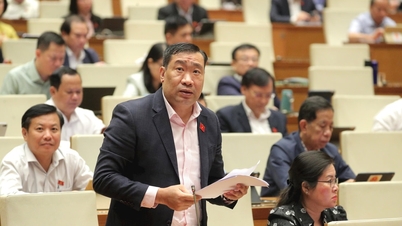
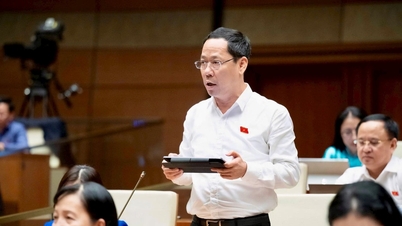
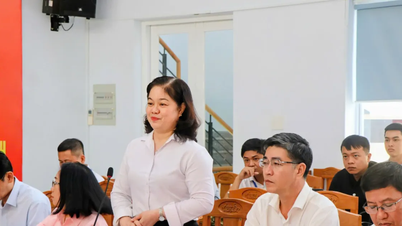

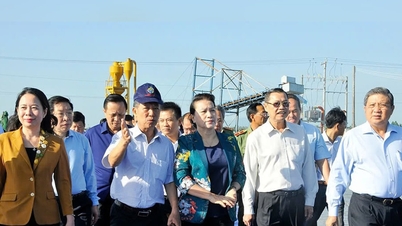
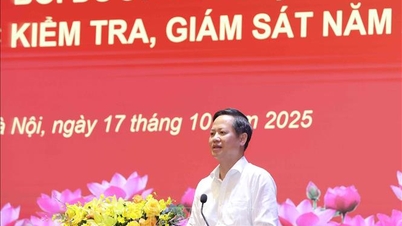

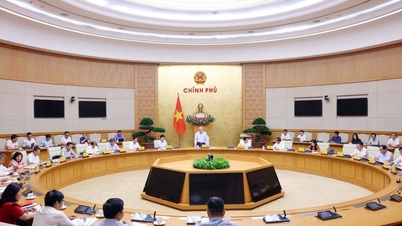

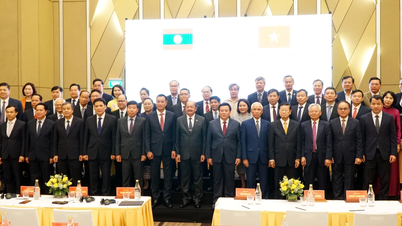

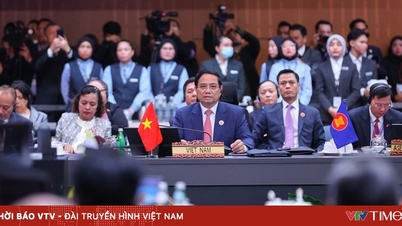

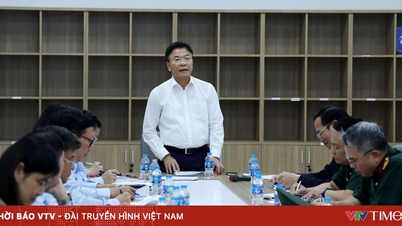
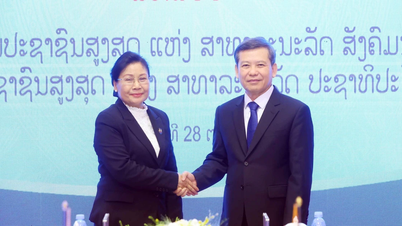
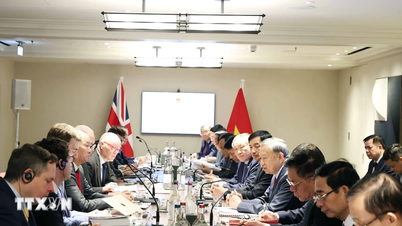
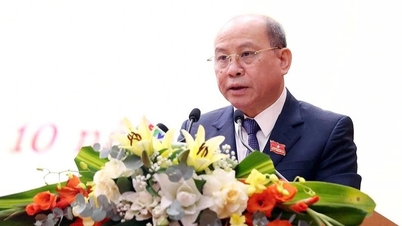





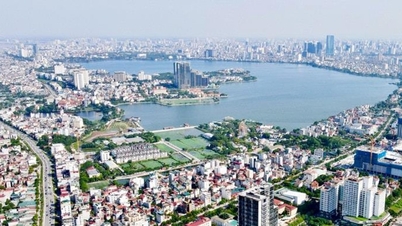
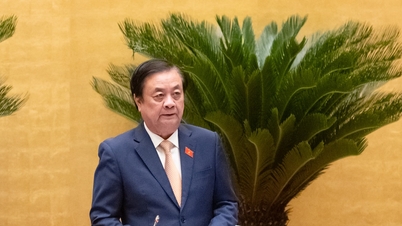
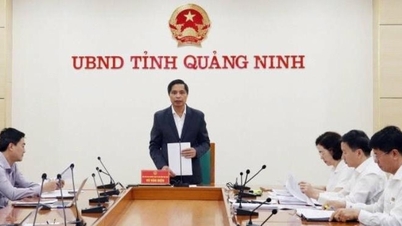
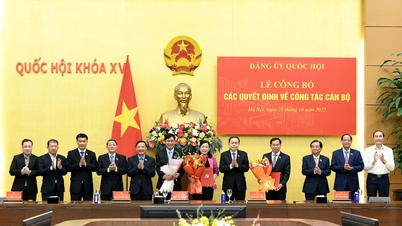
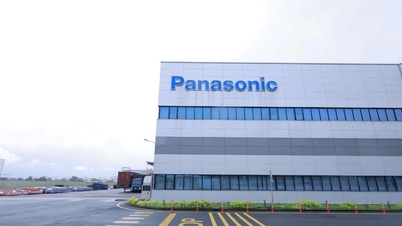
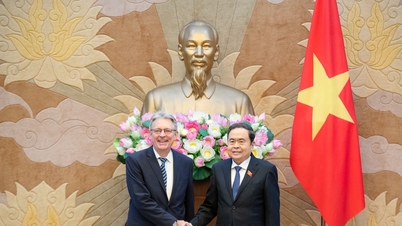
![[Photo] President Luong Cuong attends the 80th Anniversary of the Traditional Day of the Armed Forces of Military Region 3](https://vphoto.vietnam.vn/thumb/1200x675/vietnam/resource/IMAGE/2025/10/28/1761635584312_ndo_br_1-jpg.webp)



































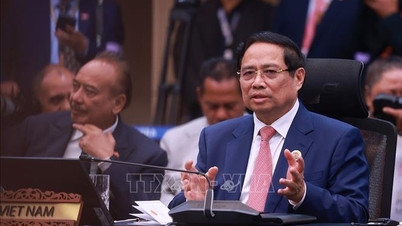
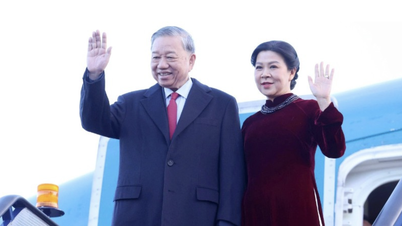



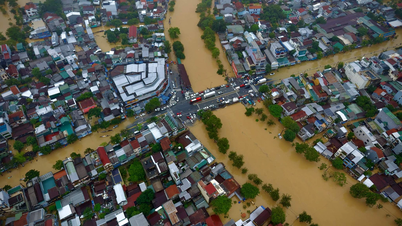


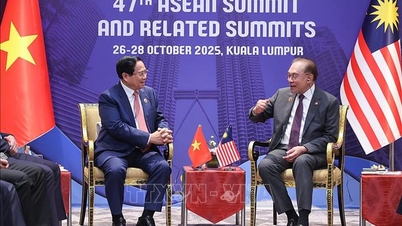
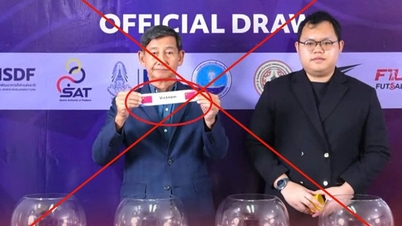

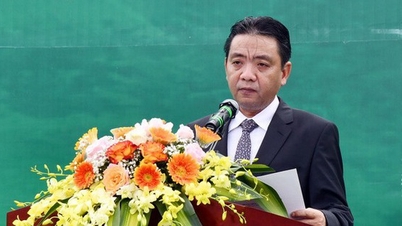
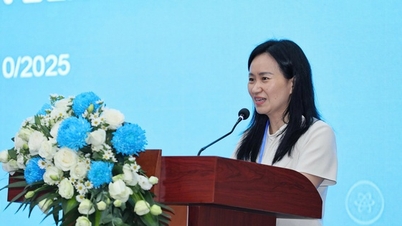

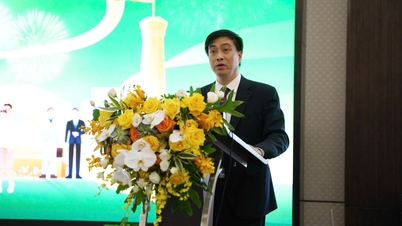







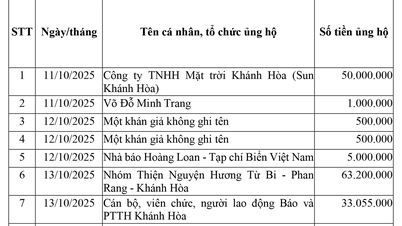

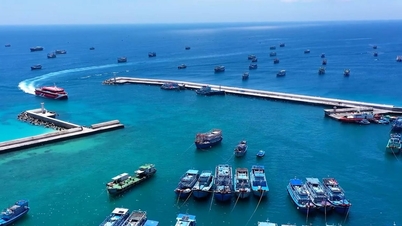


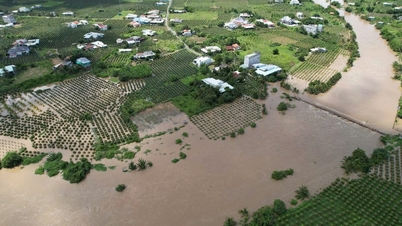















Comment (0)